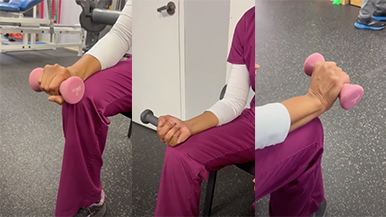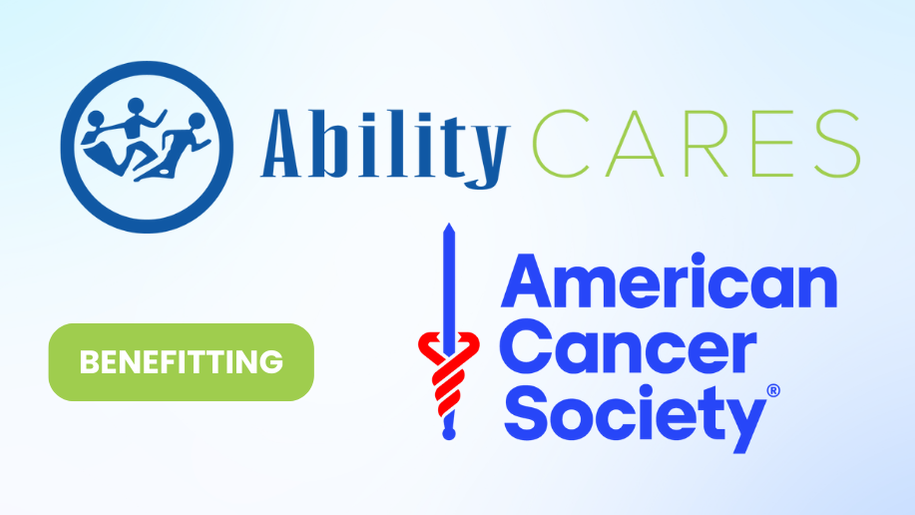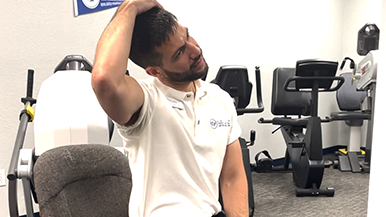12 Signs You’re Overtraining
 Have you ever found yourself placing unreasonable demands on your body to the point of over-training? Rest assured, if your commitment to gym time is in the neighborhood of about five hours per week, chances are you aren’t at risk of over-training. However, if it’s greater than five hours per week and training is becoming a borderline addiction even at the expense of possibly doing harm, it’s probably time to reassess your goals.
Have you ever found yourself placing unreasonable demands on your body to the point of over-training? Rest assured, if your commitment to gym time is in the neighborhood of about five hours per week, chances are you aren’t at risk of over-training. However, if it’s greater than five hours per week and training is becoming a borderline addiction even at the expense of possibly doing harm, it’s probably time to reassess your goals.
If you’re in this position, ideally you’ll have the assistance of a knowledgeable and experienced personal trainer who can quickly help you get your training back on track. Here are 12 signs you’re overtraining:
1. Halted Progress
Has your body stopped changing in spite of your best efforts? If so, you may be over-training.
2. Lowered Self-Esteem
Many fitness enthusiasts and professional athletes become obsessed with training. With this mindset, they begin over-training and lowered self-esteem often follows.
3. Decreased Motivation
If you generally live, breathe, and sleep the gym life, then suddenly become disinterested, you’re probably overexerting yourself.
4. Injury Increase
Getting injured more often? In particular, are you re-aggravating old injuries? If so, you may be overtraining.
5. Loss of Concentration
 Focus is critical. When you go into the gym you have a job to do. Unfortunately, sometimes people bring other stressors into the gym and it can affect concentration.
Focus is critical. When you go into the gym you have a job to do. Unfortunately, sometimes people bring other stressors into the gym and it can affect concentration.
6. Often Sick
Feeling ill isn’t part of a healthy lifestyle. In fact, sometimes it’s your body’s way of telling you that your immune system is suffering from overtraining.
7. Personality Changes
It’s possible for there to be an “intensification of personality traits” for people prone to being aggressive, irritable, or depressed.
8. Depression
When you think of working out, you don’t typically associate it with depression. But, if you’re overtraining, it’s a possible outcome.
9. Insomnia
Is your gym time increasing, while at the same time you’re having difficulty sleeping? It’s most likely a result of a combination of nervous system and or hormonal system overload.
10. Muscle Soreness
It’s normal to have muscle soreness for a day or two following a workout. However, if you’re still sore past the 72-hour mark, be sure to schedule a break and rest.
11. Insatiable Thirst
Do you frequently have an unquenchable thirst? Are you starting to believe that no matter what you drink, you’ll still crave more? If this happens to be coinciding with a period of increased gym-time activity, there’s an excellent chance that you’re over-training.
12. Altered Resting Heart Rate
Altered resting heart rate is the result of an increased metabolic rate to meet the imposed demand of the training and can be used to determine over-training.



